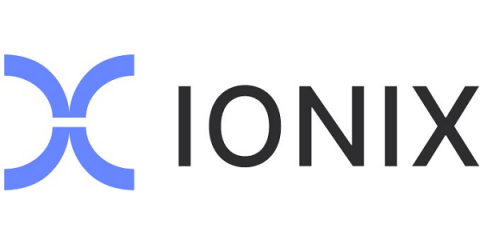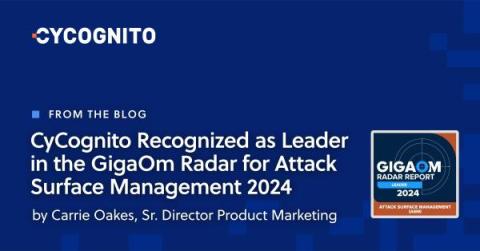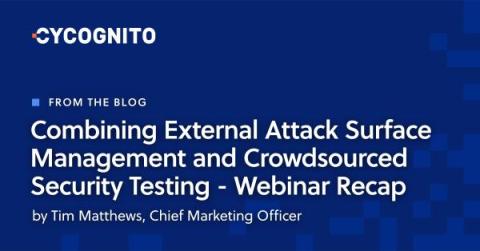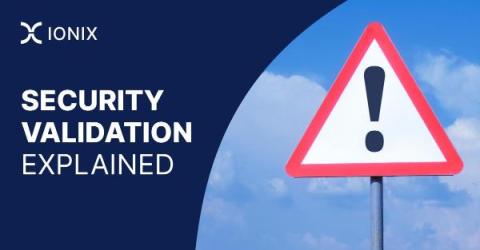A Deep Dive Into External Attack Surface Management
We live in a time where the integrity and security of an organization’s digital infrastructure are essential in earning customer confidence and trust. This trust, however, is increasingly under siege due to a surge in cyberattacks exploiting overlooked or inadequately managed internet-facing assets. Organizations’ growing online presence are under an ever-increasing risk of cyber threats.










